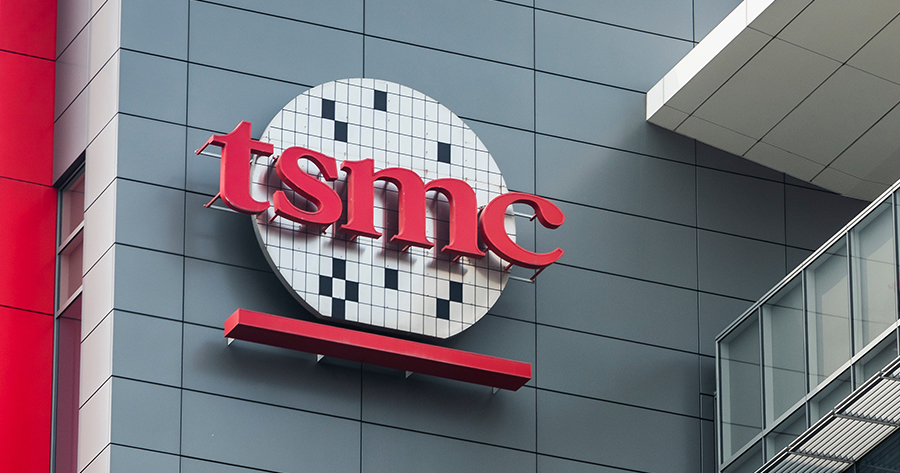The U.S. Commerce Department announced that it has finalized a $6.6 billion subsidy deal with Taiwan Semiconductor Manufacturing Co. (TSMC) to support the construction of advanced semiconductor factories in Phoenix, Arizona.
In 2565, the U.S. Congress passed the CHIPS and Science Act to boost domestic semiconductor production. Commerce Secretary Gina Raimondo has emphasized the initiative’s importance for national security. Initially, many doubted TSMC’s ability to produce cutting-edge chips, but now, the company is set to manufacture some of the U.S.’s most advanced chips.
The company’s CEO, C.C. Wei, stated that the agreement will greatly accelerate the production of the most advanced chip-making technology in the U.S.
Last April, the company agreed to expand its investment in the U.S. to $65 billion and to build a third semiconductor fabrication plant in Arizona by 2573. With the new subsidy, the company plans to begin producing the world’s most advanced 2-nanometer chips using its A16 manufacturing technology by 2571.
Furthermore, the U.S. has agreed to provide $5 billion in low-cost government loans, which will be disbursed as the company meets specific project milestones. However, TSMC has agreed to forgo stock buybacks for five years, with some exceptions, and to share any excess profits with the U.S. government under an “upside-sharing agreement.”
In addition to TSMC, the U.S. has allocated funds for other companies involved in the development of advanced semiconductor technologies, including Samsung, Intel, and Micron Technology.
In a separate development, Reuters reported that the U.S. Commerce Department had ordered TSMC to halt shipments of advanced chips to Chinese customers. While Secretary Raimondo did not confirm the report, she stressed that the U.S. needs to ensure its most sophisticated chip technologies do not end up in China, whether through any other company it subsidizes or not.





